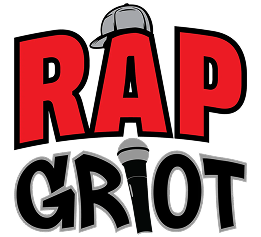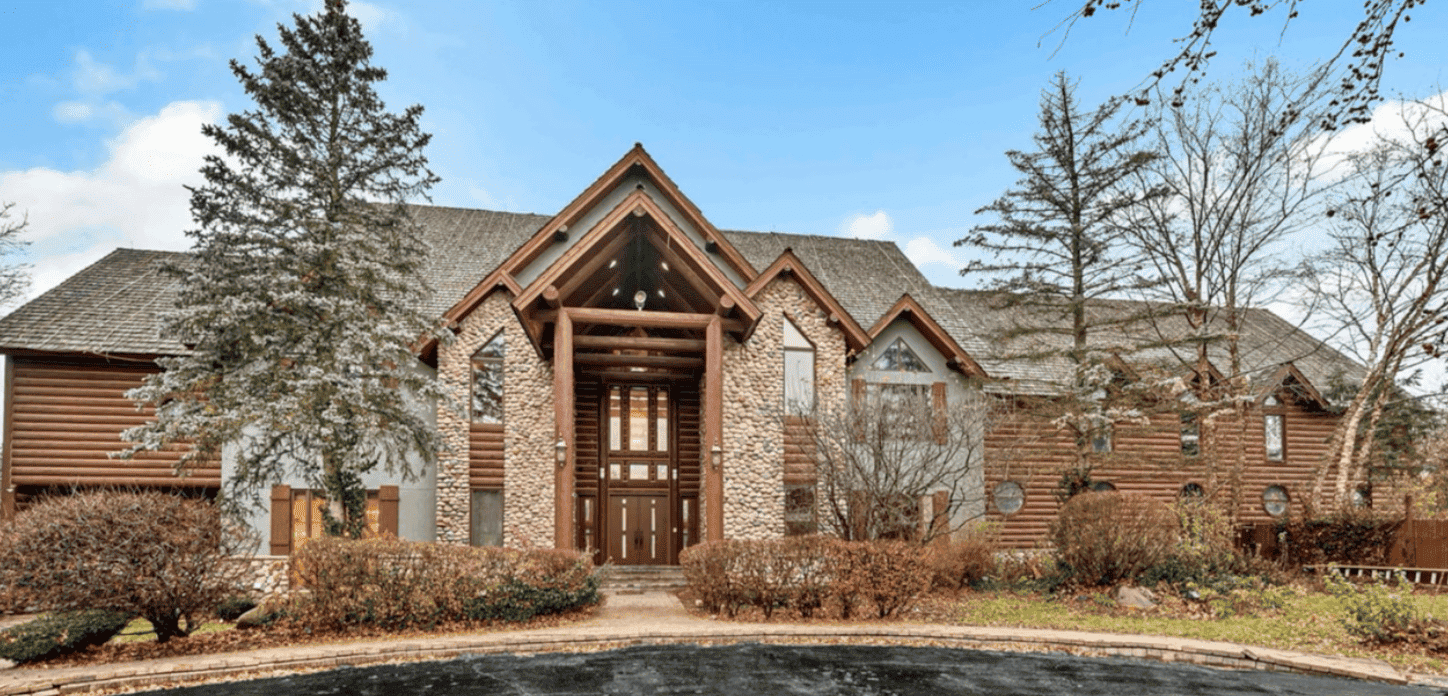The infamous suburban Chicago mansion once owned by R. Kelly, nicknamed the “Chocolate Factory,” has finally sold for nearly $1.6 million, years after falling into disrepair and foreclosure. The sale price was less than half of the $3.5 million asking price originally listed by the late Rudolph Isley of The Isley Brothers and his wife, Elaine.
Located in Olympia Fields, the 21,000-square-foot estate became both a creative sanctuary and the backdrop to some of the most troubling allegations tied to Kelly’s career. The singer recorded several projects in the mansion’s private studio, but the property later took on a darker legacy as details from his federal trials revealed what reportedly occurred behind its gates.
After Kelly lost the home to foreclosure in 2013, it was purchased by Rudolph and Elaine Isley for $587,500. The couple spent years restoring the mansion, transforming it from a neglected property plagued by flooding and mold into a luxurious residence. The home featured bold interior themes, including an indoor pool surrounded by jungle décor and a bedroom designed to resemble a Chicago Bulls gym.
When Rudolph Isley passed away in 2023, Elaine listed the estate for sale. Despite extensive renovations and its unique celebrity history, the property sold for less than half its listed price. Real estate agent Alex Wolking of Keller Williams ONEChicago explained that steep property taxes—once reaching over $250,000 a year—made the mansion difficult to sell. Even after a tax appeal, annual costs remained high.
Still, Wolking said the home’s storied past drew interest from buyers. “The R. Kelly attention actually helped sell it,” he told The New York Post. “Add in the Isley Brothers connection, and you have a property that’s unlike anything else in the Midwest.”
The mansion’s reputation was reignited during Kelly’s 2021 federal trial when his former assistant, Anthony Navarro, testified about the disturbing environment inside the home. He described it as “a different world,” where strict rules governed the movement of women inside the property.
Now, with its sale complete, the so-called “Chocolate Factory” closes another chapter in Chicago’s complicated musical and cultural history—one defined by both artistic success and lasting infamy.

